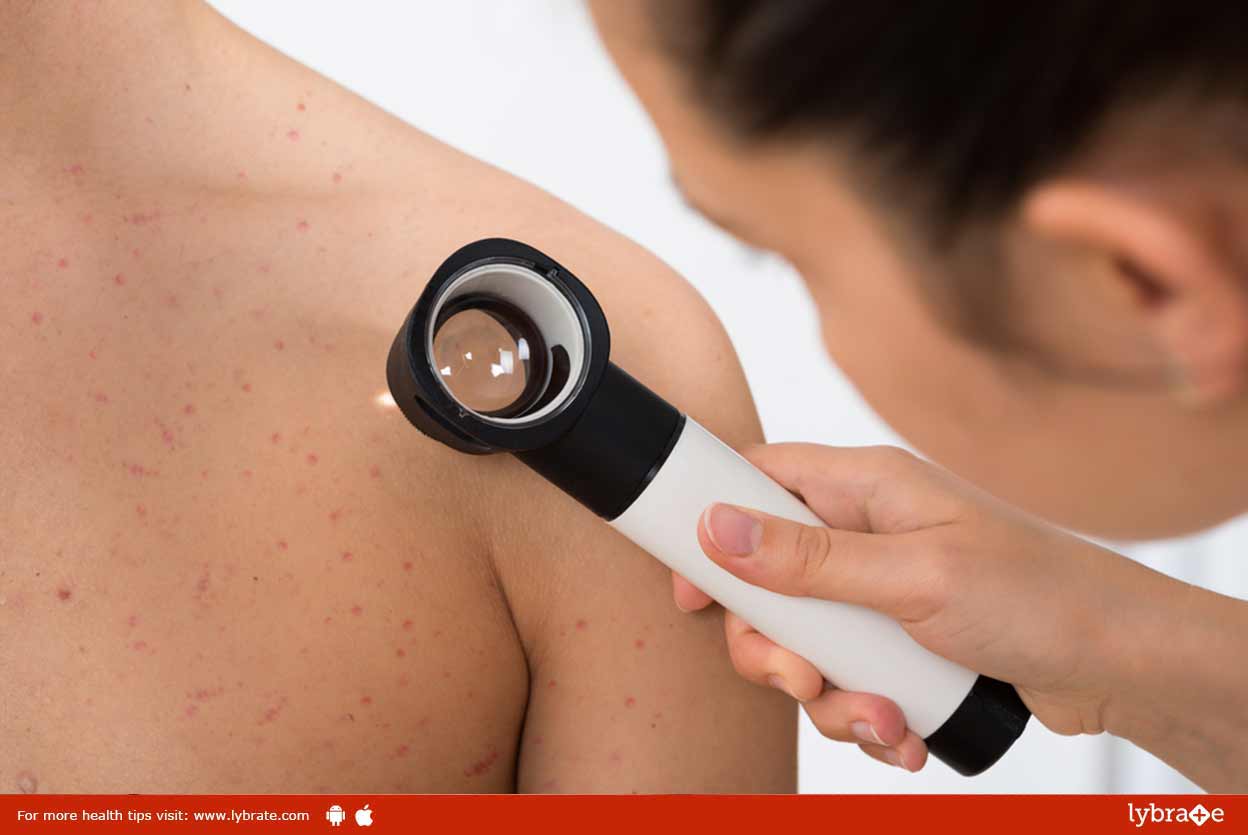By Dr. Richfeel , Dermatology
Acne is a skin disease, characterised by sebaceous gland inflammation. It is chronic, and it affects teenagers mostly, however, it can also affect adults.
In normal skin conditions, sebaceous glands produce an oily secretion called sebum. However, in people with acne, the glands are larger and they produce excess sebum. This excess sebum traps the bacteria, skin cells and oil. The proliferation and growth of bacteria cause inflammations, thus leading to acne. Common sites for acne are the face, chest, shoulders, and back — the sites of oil glands.
What Causes Acne?
Acne lesions include whiteheads, blackheads, small bumps, and nodules and cysts.
Though acne is essentially a normal physiologic occurrence, certain conditions may aggravate the condition, including:
- Fluctuating hormone levels around the time of menses (women)
- Manipulating (picking/prodding) acne lesions
- Clothing (for example, hats and sports helmets) and headgear
DIAGNOSIS-
There are no specific tests done to diagnose or treat acne, however, your doctor might ask you some questions. These questions include:
- If you have other skin diseases such as eczema (skin inflammation).
- Whether you use steroids.
- If you have other diseases that you take medication for.
- If you have depression or other mood disorders.
- If you have irregular periods, are pregnant or breastfeeding.
TREATMENT-
Acne treatments include:
- Over-the-counter Medications: These can come in the form of cleansers, washes and soaps. They contain ingredients such as-
- Benzoyl peroxide (Kills the bacteria that cause acne, and prevents skin from drying out)
- Salicylic acid (unclogs pores and reduces sebum production)
- Prescription Medications: When over-the-counter medication isn’t working, your doctor might prescribe the following drugs:
- Products containing azelaic acid (Reduces acne comprised mainly of blackheads)
- Antibiotics (Reduces inflammation)
- Retinoids: This type of medicine is chemically similar to vitamin A, which is beneficial in preventing acne lacerations.
- Topical retinoid is applied directly to the skin
- Oral retinoid such as isotretinoin is only prescribed for serious cases
- Other Medications: Applying zinc or undergoing laser therapy can help reduce acne and clear the acne spots as well.








































